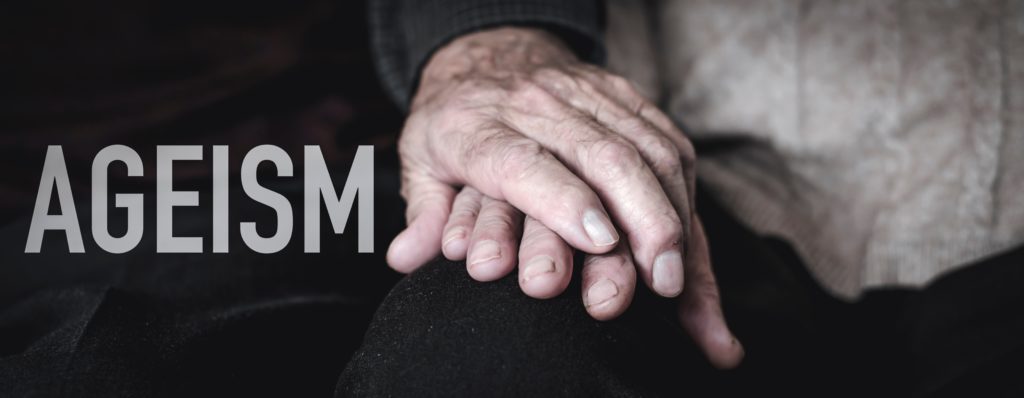Join this month for a chance to win 1 of 3 pairs of AirPods. Join Now
Attend a free online retirement planning workshop. Register
Join this month for a chance to win 1 of 3 pairs of AirPods. Join Now
Attend a free online retirement planning workshop. Register
Bill 7, the More Beds, Better Care Act, 2022 was passed by the majority Conservative government on August 18, 2022.
Toronto Star Synopsis: https://www.thestar.com/politics/provincial/2022/09/20/heres-what-you-need-to-know-about-ontarios-controversial-new-nursing-home-law.html
That same month, RTOERO signed a joint letter to the Ontario Government to express grave concerns over Bill 7. Other signatories include: Alzheimer Society of Ontario, CanAge, La Fédération des aînés et des retraités francophones de l’Ontario, International Federation on Aging and Save your Skin Foundation. That letter can be read on the RTOERO website at https://rtoero.ca/wp-content/uploads/2022/09/Letter-Bill-7.pdf
RTOERO encourages anyone concerned about Bill 7, to write to their MPP. RTOERO’s letter can be used to help develop a message. You can find your MPP’s contact information on the Legislative Assembly of Ontario website at: https://www.ola.org/en/members/current/contact-information
In October, District 3 sent its own letter expressing concerns about Bill 7. That letter was sent to Premier Ford; Sylvia Jones, Minister of Health and Paul Callandra, Minister of Long-Term Care. It was copied to Sault Ste. Marie MPP Ross Romano and Algoma-Manitoulin MPP Michael Mantha.
That letter is as follows:
RTOERO District 3 Algoma is contacting you to express serious concerns over Bill 7, The More Beds, Better Care Act. The legislation has implications and consequences well beyond what most Ontarians, particularly seniors, consider acceptable for themselves or their loved ones.
Many other health care organizations and advocates have criticized the heavy handedness of this legislation. These include the National Institute on Ageing, the Advocacy Centre for the Elderly, the Alzheimer Society of Ontario, Care Watch Ontario, CanAge, the International Federation on Aging, the Ontario Health Coalition, and Save Your Skin Foundation.
Elderly, the Alzheimer Society of Ontario, Care Watch Ontario, CanAge, the International Federation on Aging, the Ontario Health Coalition, and Save Your Skin Foundation.
Bill 7 allows the forcing of elderly patients into long term care facilities not of their choosing, against the will of their family members and perhaps very far from their communities. According to Dr. Sinha, director of geriatrics at Mount Sinai Hospital and University Health Network, “This really can hasten people’s demise when you send them to a place they don’t want to be. It may not be a place that can meet their needs.” Even though this measure is deemed temporary, we know that the average stay of a long-term care patient in Canada is 18 months and so many residents could die far away from home and their loved ones.
Medical personnel may find themselves making difficult decisions that affect future placements of their patients. Moreover, this bill will have a cruel impact on those families who do not have the resources to pay the costs of a hospital stay or the costs of travel to visit loved ones. In northern Ontario in particular those distances could be very great.
Legislation that deprives a senior of informed consent to health care smacks of ageism. Sacrificing the vulnerable is a cruel and ineffective way to solve a health care crisis. Over decades, deep cuts in the number of hospital beds and the failure to bolster home care, community care and long-term care have collided with the needs of an aging population. And the severe decrease in staffing levels across our health care system hinders the provision of appropriate care and urgently needs to be addressed.
This dire situation has not been caused by hospital ALC patients. Their rights and well-being should not be sacrificed in an ineffective attempt to solve it. Putting pressure on one health care sector already in crisis in order to help another will not work.
As part of RTOERO, an organization that advocates for the rights of seniors, we feel the need to emphasize that the right to health care does not diminish with age. Human rights do not diminish with age. Choosing where one wants to live is a fundamental right. Attacking the rights of the most vulnerable does not show the respect and gratitude owed to the generation that built our society.

District 3 Algoma RTOERO has many concerns with Bill 7. We implore the government to seek alternate humane solutions to the health care crisis in our province.
We recommend immediately introducing ways to substantially and safely increase staffing levels in Ontario’s health care system. Repealing Bill 124 is one way to help to retain and augment health care staffing levels right away. Increased resources in home and community care are necessary to address the health care needs of many elderly and vulnerable people who would then not be pressured into using the overburdened hospital system. And Ontario desperately needs to bolster its dwindling number of family physicians. Without a family doctor, people feel compelled to go to an Emergency Department for care. Lacking preventative primary care, people get sicker and add stress to the hospital system later.
We are hopeful that the Ontario government will announce an improved and compassionate plan that will effectively address growing health care needs and improve the lives of seniors.
Regards,
Marie DellaVedova,
Political Advocacy Representative, District 3 Algoma, RTOERO